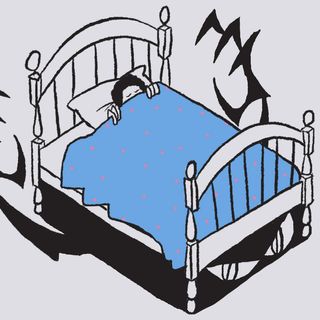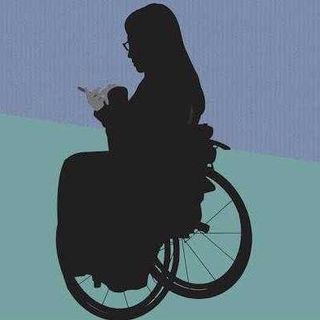There are certain areas of our life that make us especially susceptible to productivity hacks: birthdays, the beginning of a new year, a new home, a new job, and sometimes, quarantines. Being stuck alone at home with nothing to do for long periods of time is perhaps when we’re most likely to search for ways to structure our lives and prevent our descent into delirium.
It may seem like forcing ourselves to adhere to a schedule, while also trying to survive a pandemic, could affect our mental health negatively. However, mental health professionals still recommend routines in order to make sure that we don’t sink into delirium, depression or anxious catastrophizing. The question remains — will a schedule help keep us sane through the quarantine?
A daily routine does have mental health benefits. Doing things multiple times, or observing a thing multiple times lends a certain coherence and meaning to life. Basic routines like sleeping and waking up on time tend to stave off irritability, and circadian disorders and are also helpful for those struggling with grieving, as we all are globally due to our sudden, unfortunate circumstances. In Mason Currey’s Daily Rituals: How Artists Work, he wrote that a solid routine “fosters a well-worn groove for one’s mental energies and helps stave off the tyranny of moods.”
Related on The Swaddle:
It’s Okay: If You’re Not Producing Anything Great While Quarantined
However, routines become a problem when our own perception of what we can accomplish in a certain amount of hours is flawed. According to Selin Malkoc, a researcher who investigated the link between scheduling and productivity, we’re likely to stuff our days with too much not accomplish enough and then further risk hurting our mood. Plus, our brains have a tendency to focus on upcoming events scheduled for later, rendering us less likely to focus on activities we should be accomplishing now, which can, in turn, make us feel unproductive and ruin our moods.
Scheduling for the long-term also has its disadvantages. One might feel enthusiastic about a particular activity while scheduling it for the weekend, and then slowly grow to regret doing so — even if it is a fun activity. This is because the act of scheduling makes any activity feel like work, and the more closer said scheduled activity gets, the more it seems like the looming threat of work. Researchers explain that scheduling’s strict time constraints contradict how time flies while one is having fun, and decrease our interest in them.
The conclusion, here, is that our mental healthcare providers are correct to say a schedule helps. However, implementing a routine or schedule in a way that burns us out twice over is counterproductive. A schedule is not a set of rigid rules that we must stick to, but a helpful self-made outline of a routine that helps us take care of our days — whether it be something simple as sleeping and bathing, or something more complex like a work schedule. A schedule may even act as self-care — not the aggressively marketed sort — but as a guide that allows our brains the kindness and space to be human while locked up in our homes for long, laborious days.




